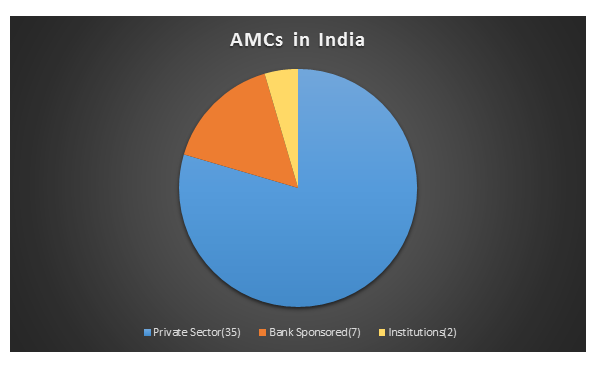
Table of Contents
What is a Parent Company?
A Parent Company is referred to the company that has regulating interests in another company, giving it the control of operations. Basically, parent companies can be either hands-off or hands-on owners of the subsidiaries, based on the managerial control amount provided to subsidiary managers.

However, this company always have a specific active control level.
Understanding Parent Company
A parent company can be a conglomerate, meaning, the one that is made up of different, apparently unrelated businesses. For instance, take General Electric (GE) and its operations. This firm has a variety of business units that gain benefits from cross-branding. However, a parent company is in contrast to a holding company. Unlike shell or holding companies, which are specifically set to passively own subsidiaries’ groups, generally for the purposes of tax, a parent company conducts its own operations.
Parent companies as well as their subsidiaries, could be horizontally integrated. Gap Inc., for example, owns the Banana Republic and Old Navy subsidiaries. If not, these two could be vertically integrated as well, by possessing different companies at several stages with the supply or production chain. For example, the acquisition of Time Warner by AT&T meant it turned owner of both the broadcasters and the film production business that sold the productions to audiences along with its telecommunication networks that offer media infrastructure.
Talk to our investment specialist
How to be a Parent Company?
The two most common methods that a majority of companies choose to become parent companies are either through smaller companies’ acquisitions or spin-offs. Often, massive companies buy smaller companies to lessen competition, decrease overhead, broaden operations and to acquire synergies. For instance, Facebook acquired Instagram to improve user engagement and reinforce its platform. On the other hand, Instagram got benefitted from having an extra platform on which it can advertise to more users. However, Facebook didn’t exert too much regulation on Instagram by keeping the latter’s original CEO and founders.
Generally, such businesses that wish to streamline operations, spin-off unrelated or less productive subsidiaries. For instance, a specific company may spin off a mature business unit that is not growing anymore so as to concentrate on a service or product that has better prospects of growth. On the contrary, if a business part is focused on a different direction and has contrasting strategic priorities than its parent company, it might get spun off to unlock value as an independent firm.
All efforts have been made to ensure the information provided here is accurate. However, no guarantees are made regarding correctness of data. Please verify with scheme information document before making any investment.












